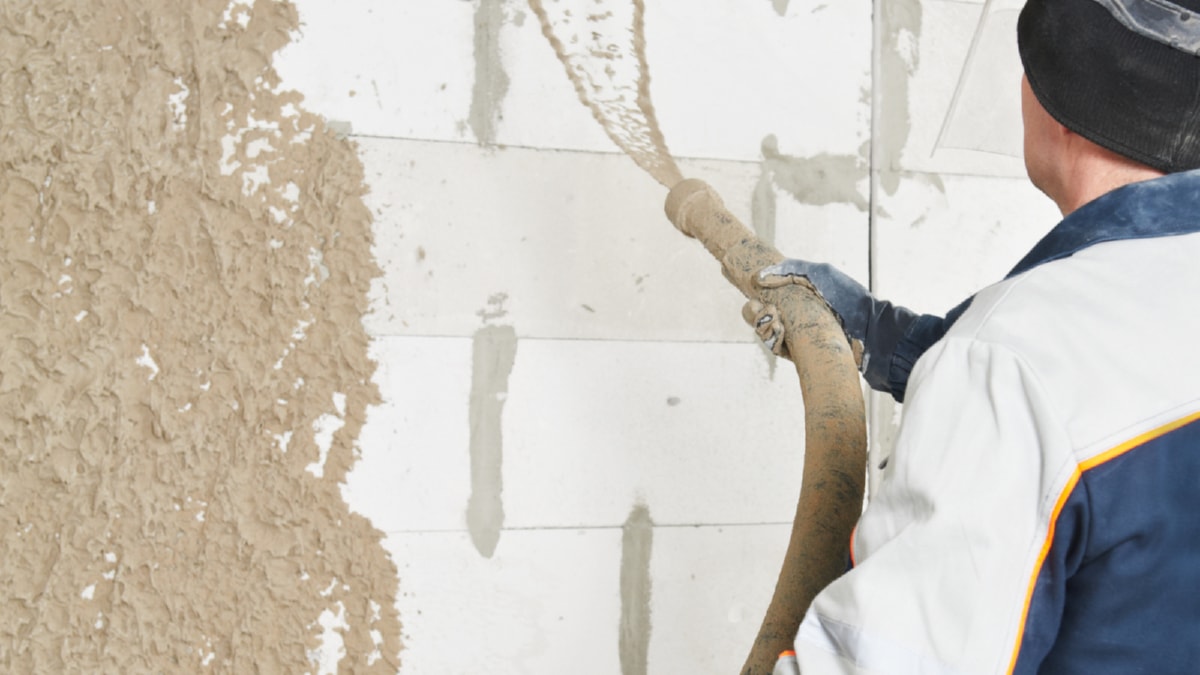When it comes to building, understanding the basics is crucial. Whether you’re a seasoned professional or a budding enthusiast, the foundations of building are the same, providing a solid starting point for any project. From the initial design phase to the final touches, every step is vital in creating a stable, durable, and aesthetically pleasing structure.
One of the key aspects of construction lies in the materials used. The different kinds of construction materials available are vast and diverse, each with its unique properties and applications. Timber, for example, is a traditional material that’s adaptable, easily sourced, and lends a warm, natural aesthetic to any structure. It’s ideal for structures like residential homes or rustic style buildings, owing to its natural charm and easy workability.
Cement, on the other hand, is renowned for its strength and durability. It’s a common choice for commercial and industrial buildings due to its resistance to wear and tear, and its ability to withstand heavy loads. Concrete is also fire-resistant, providing an added layer of safety in building projects.
Steel is another commonly used material in construction due to its high strength-to-weight ratio. It’s often used in the construction of skyscrapers, bridges, and other large-scale structures. Steel is also resistant to pests and fire, making it a reliable choice for projects requiring durability and longevity.
Brick is an age-old material that continues to be a popular choice in construction. Known for its durability, brick is commonly used in residential and commercial building for its aesthetic appeal and longevity. Stone also provides excellent insulation, making it an energy-efficient choice.
In our ever-evolving world, advanced materials also play a significant role in the construction industry. For instance, sustainable materials such as bamboo, recycled plastic, and solar tiles are increasingly being used in modern construction projects. These materials not only help reduce the environmental impact of construction but also provide cost-effective and energy-efficient alternatives.
In conclusion, understanding the various types of building materials is a fundamental part of the construction process. Each material has its unique properties and uses, and choosing the right one can greatly impact the outcome of a project. Whether you’re using traditional materials like wood and stone, or advanced materials like solar tiles and recycled plastic, a solid understanding of these materials is essential in creating a durable, aesthetically pleasing, and efficient structure.
For more details, check best Asphalt Maintenance Services Quakertown or visit their Asphalt Maintenance business listing here.



